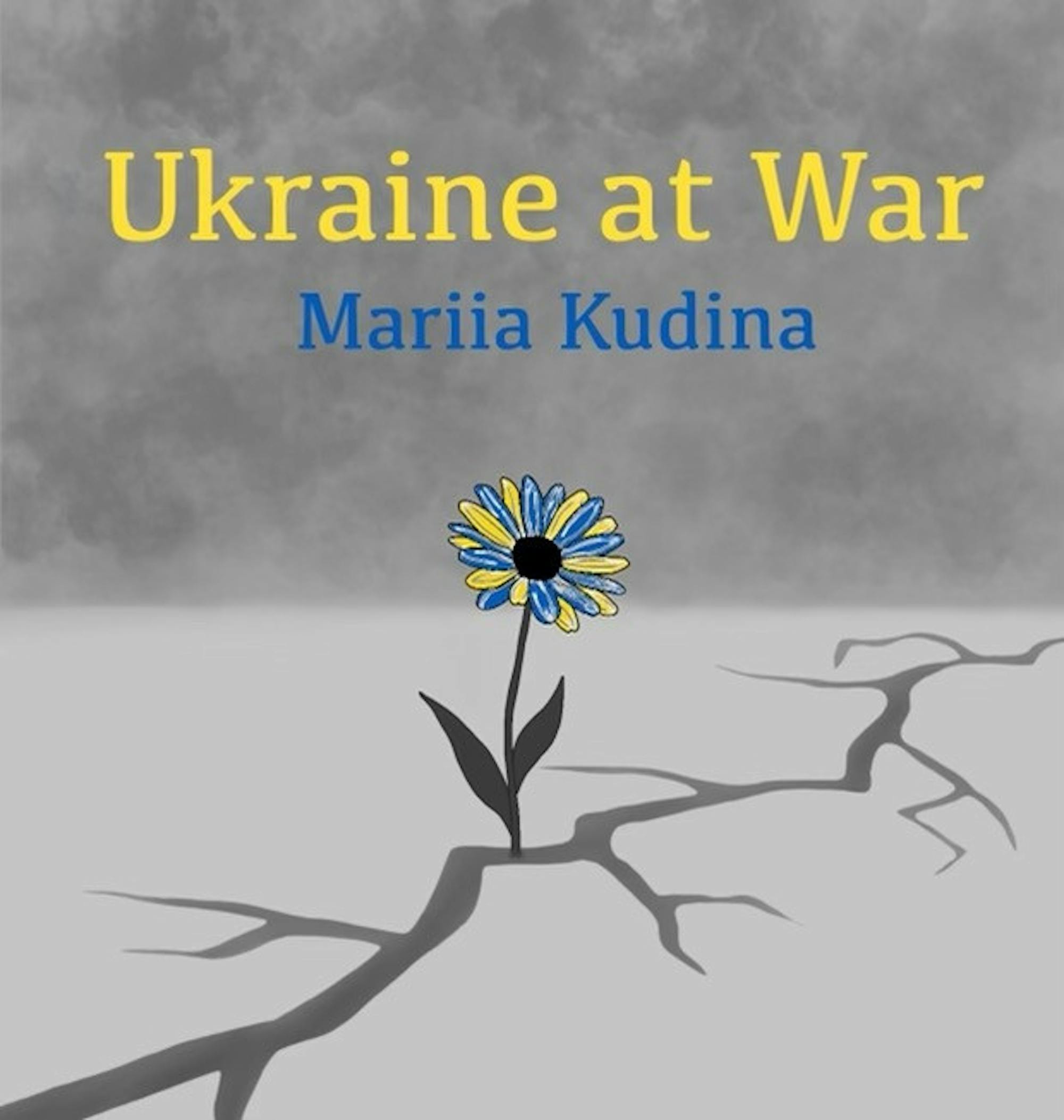Within the Oct. 17 war prisoner exchange between Ukraine and Russia, 108 Ukrainian women returned home, marking the first all-female exchange for Ukraine. After months of Russian captivity, the Ukrainian servicewomen and civilians who came back in both this and other exchanges continue to share horrifying stories about their enemy’s military crimes.
The conditions of the prison where Alina Panina, a junior sergeant in the national border guard, and other Ukrainians were kept reminded them of “something from the Cold War.” According to Alina, about six weeks after Russia invaded, the defensive forces located in Mariupol received the order to retreat to the Azovstal plant. Alina and around 70 other members of the border guard — at least 10 of whom eventually died — used the plant’s bunker as protection from the constant Russian shelling. The only way to escape from the almost-destroyed city was to surrender. On May 17, around 40 people from the shelter, including Alina, were relocated to the overcrowded prison camp.
Alina shared a 19-by-13 foot cell with 28 other women, many of whom were injured and left without medical care. They were allowed to exit the room once a day for a 15-minute walk in a courtyard and an occasional shower. The food provided was low-quality “boiled cereal groats, mixed with chicken at breakfast and with fish at dinner.” The prisoners were supposed to finish the meals within 30 seconds and had no other choice than to drink non-potable water. Due to the poor nutrition, some women would faint during their daily walks.
Another war prisoner who came back during the fall exchanges is paramedic volunteer Kateryna Polishchuk, better known in Ukraine as Ptashka (“birdie” in Ukrainian). A video of her singing under the explosions in Mariupol’s demolished Azovstal steel plant went viral. Now she uses her popularity as a tool for bringing attention to the ongoing war.
In several interviews, Polishchuk detailed her horrific experiences during the war. Amid the siege of Mariupol, she provided medical care and performed surgery in the Azovstal steel plant. She described the brutal conditions of their stand at the plant and the bravery of everyone defending it. Ptashka also witnessed the shelling of a penal colony in Olenivka, Donetsk Oblast, that led to the deaths of at least 50 Ukrainian prisoners. She feels immense pride for her country and those defending it and strongly believes that the Ukrainian spirit is unbreakable. However, she also calls for much-needed action and support from the rest of the world.
Alina Panina and Kateryna Polishchuk are among a few whose stories give the world insight into the scale of Russian violence. Many of the freed Ukrainians choose not to share their experiences of captivity for various reasons. What we now know about the Kremlin’s crimes is just the tip of the iceberg, and it is already more than enough to keep us awake at night.






